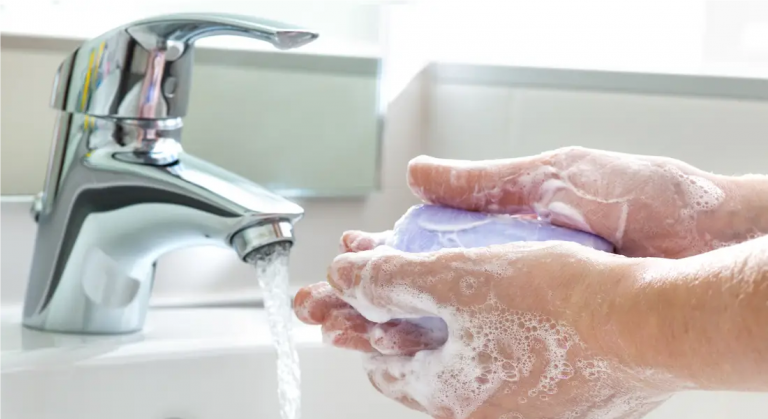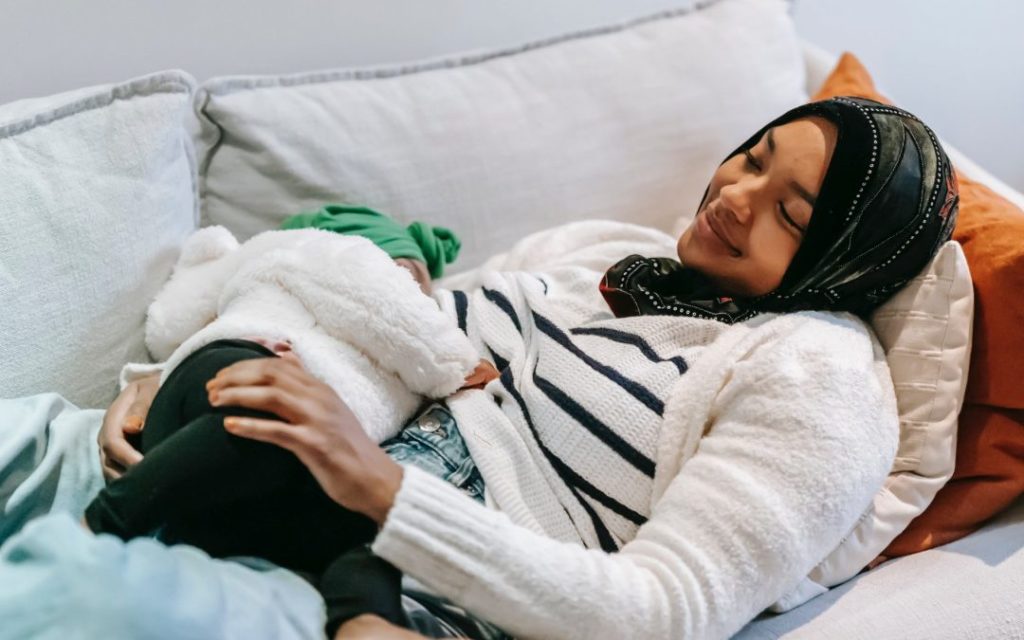Popping into pharmacies and scouring the shelves for hand sanitizers are becoming the norm since recent events. The only way to stay safe is to prevent transmission.
As the number of cases continues to climb, everywhere around the world people are scrambling for masks and sanitizers in bids to keep family and loved ones protected. Unfortunately, the internet is also filled with a lot of inaccurate information, causing many to be misinformed about the right way to reduce the chance of catching this deadly virus. Should we be using alcohol based sanitizers? Do we wash our hands? Are alcohol free sanitizers effective? Which is better? Is it safe to let my child use alcohol based sanitizers?
Let’s look at the facts and proper preventive methods that are safe for our children during this season of caution.
Whenever Possible Wash, Wash, Wash

The biggest reason why children should wash their hands as often as possible, as opposed to just relying on hand sanitizers, is because hand sanitizers may not be as effective when those tiny hands are visibly dirty or greasy. Moreover, IF your child’s hands get in contact with other harmful chemicals, a hand sanitizer would not be able to remove it since there is no soap or rinsing involved. This is why experts encourage frequent hand washing when it comes to prevention because it is the easiest way to curb the spread of germs.
As parents, we already know that regardless of what we do, those tiny inquisitive hands will always be exposed to germs, dirt, viruses and all sorts – it is quite inevitable and part and parcel of growing up. However, if we teach them to practice good hygiene, like learning how to wash their hands properly, this can greatly reduce the chance of infection and eliminate the presence of possible germs.
Washing our hands is such a simple task and yet we overlook this on a daily basis. Furthermore, children are just not very good at washing their hands. Some might not even know the proper way. Most of them would try to get away with the bare minimum: a quick wash and an even quicker rinse so that they can go back to playing.
Unfortunately a quick wash is not enough. if only killing germs were that easy! To avoid contracting CoronaVirus, both World Health Organisation (WHO) and Centers for Disease Control and Prevention (CDC) recommend washing your hands thoroughly with soap and water for at least 20 seconds. How do we get our kids to wash their hands for 20 seconds one might ask? Try singing the ABC or the Birthday song with your kids at a normal speed while they wash their hands. Show them how to lather their hands by rubbing their hands together, making sure to lather the back of their hands, in between their fingers and underneath their nails. Scrub the top of their hands, in between their fingers, as well as the tip of their fingernails for about 20 seconds before rinsing with clean water.
The next best bet are 60-95% Alcohol Based Hand Sanitizers
If soap and water options are unavailable, WHO recommends using a 60 – 95% alcohol based sanitizer that kills viruses on your hands. CDC also supports this by saying that alcohol-based hand sanitizers can quickly reduce the number of microbes on hands in some situations, but regular sanitizers do not eliminate all types of germs in their article Show me the Science – When and How to use Hand Sanitizers in Community Settings.
But aren’t alcohol based hand sanitizers harmful to children? Would a child become intoxicated after “licking” some hand sanitizer? The National Capital Poison Center says that a lick of hand sanitizer isn’t likely to cause much harm. If ingested in larger quantities a child would most likely vomit because alcohol and soap irritates the stomach. If a child does not vomit right away, then he or she could become seriously sick and need medical attention right away.
Conclusion – Alcohol Based or Alcohol Free?
It is probably safer to allow younger children to use alcohol free hand sanitizers, preferably food grade, so that they do not run the risk of causing unnecessary harm to themselves. However, to effectively kill viruses and other harmful microbes, parents and caregivers can allow the use of alcohol based sanitizers provided it is done with close supervision. With continued, regular hygiene practices, children would learn NOT to put their hands into their mouth to drink sanitizers. Educate them on the right way to use hand sanitizers. Teach them to rub the sanitizer into their hands for about 30 seconds and by then the alcohol would have evaporated. When in doubt, always go back to soap and water which is safest.
Continue to teach children other good respiratory hygiene practices like covering their mouth and nose with their bent elbow or tissue when coughing or sneezing. Don’t forget to teach them to throw away the used tissue into the bin immediately. Remind them to avoid touching their eyes, nose and mouth. As parents and caregivers, we can also do our part by cleaning and disinfecting all frequently touched objects and surfaces.
Most importantly, parents need to ensure that their children are getting sufficient rest, lots of water as well as nutritious food to boost their immunity and to build resilience. A well rested body that is healthy, is a strong one. Together with all the correct preventive measures and frequent personal hygiene practices we can ensure our loved ones have the best protection during the CoronaVirus season.

